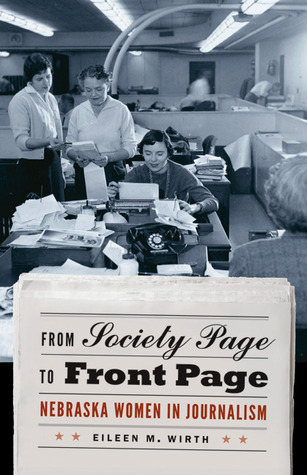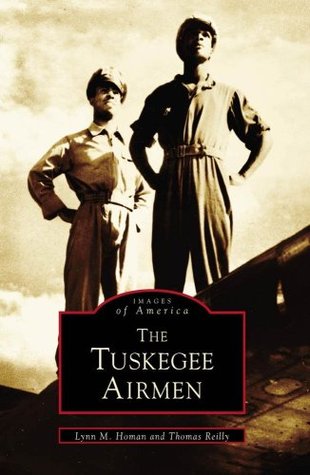Tonight I had the profound honor of hearing a talk by Agnes Schwartz, who survived the horrors of war and the Holocaust as a young Jewish girl in Budapest. Her message was simple and consistent: Never forget. This can never happen again. She spoke of the deniers, and how when the last survivors are gone, it will up to future generations to know and teach those that come after them about this terrible crime against humanity; this way there will be no opportunity for the deniers to gain a foothold.

Many times I was in tears. She spoke of her happy childhood, growing up in a well-to-do family. Her parents owned their own business and Agnes went to school, excelled in academics and earned a place at a college prep gymnasium. She spoke lovingly of her family, her mother and father. Of her grandparents and spending summers with them in the country. And of Julia, her family's housekeeper, who had known Agnes since birth. But when the Nazis marched into Hungary - and Mrs Schwartz was very specific about this word, as Hungary was one of Germany's allies, and in a deep depression at the time - those happy days came to a sudden end. The deportations started in the countryside, and luckily Agnes' parents had moved her grandparents to Budapest at the time, so the family was together. They were moved from their comfortable apartment into a two-bedroom, cramped apartment a few blocks away. Agnes, her parents, and grandparents shared one bedroom, the other occupied by others Jewish people of no relation to Schwartz and her family. Not long after this move, Agnes' grandfather became ill. So ill, he was taken to a "hospital". Her last memory of her grandfather is him lying on a cot, in a long row of cots. Despite trying to find out what happened to him, she does not know if he died of his illness, or was murdered by the Nazis.
When deportations started in the city, men ages 18-45 were taken first. Agnes had to tell her father good bye. A few days later the Nazis came back, this time for the women in that same age range. Agnes recalled with perfect clarity saying good bye to her mother, her mother telling her to be a good girl. She would never see her mother again, as she died at Bergen-Belsen of 'natural causes', likely starvation and typhus. Agnes would not learn this until after the war. So for a time it was Agnes and her grandmother, in a tiny, shared apartment with little food and lots of bed bugs. One day a knock at the door brought a great surprise - her father. He'd escaped en route to Germany and when two Nazi officers were seeking directions to Budapest. Her father was fluent in German and as a result of him assisting the officers, he was not deported. When he learned that his wife had been taken away, he wanted to go after her, but both Agnes and her grandmother begged him to stay. He did.
A final knock at the door opened up an escape for Agnes. Her family's former housekeeper, Julia, was going to take Agnes with her and keep her from deportation. Agnes had blond hair, and so was passed off as Julia's niece from eastern Hungary. Her story was that her parents had sent her to Budapest to stay with her Aunt Julia as the Russians invaded. The plan worked and not a single person ever questioned the story.
I can not imagine living through the things that Agnes Schwartz survived. She ended up losing her grandmother as well as her aunt and uncle, all three having been moved into the ghetto. Even as the war was on its last legs and everyone knew the end was near, the Nazis were determined to kill as many Jews as possible. Agnes learned that her remaining family members had been taken to the Danube River, shot and left to die in the freezing water. She also spoke of how, as ammunition was running short, the Nazis would tie ten people together at a time with wire, shoot one, and they all would fall into the river together killing ten people with one bullet. Schwartz spoke of how whenever she hears someone talk of the 'Blue Danube', she thinks of it as the 'Red Danube', filled with the blood of innocent Jews, murdered for their only crime of being born Jewish. When the bombings of Budapest finally stopped as the Russians liberated the city, Mrs Schwartz recalled those first moments coming up from the basement of Julia's apartment building, having lived in almost total darkness for nearly two months as bombs were dropped day and night and they had little light inside except for candles. She spoke of first going outside, how bright it was and the stench that even now she says has never left her nose, the smell of death with bodies strewn about the streets.
Easy to see why I was in tears much of the night, no?
After Mrs Schwartz spoke about her experiences surviving the war, her immigration to the US and her life up to this point, she took some questions from the audience, then signed copies of her memoir.
I waited in line with my friends, and when it was my turn, I asked if I could hold her hand. I clasped her hand between my own, and she patted the top of mine. I did not know what else to say, but "Thank you." I told her thank you, for sharing your story, for passing this on to those who have come after you. I must have said thank you five times. We chatted briefly, and she asked my name before signing my book.
This interaction, these experiences with living history, people who have survived these greatly traumatic events, must continue to happen. Hearing a survivor tell their own story is so much more powerful than reading a chapter from a text book. Every day there are fewer and fewer Holocaust survivors left in the world. We must hear their stories before they are gone, and continue to pass them on.









































